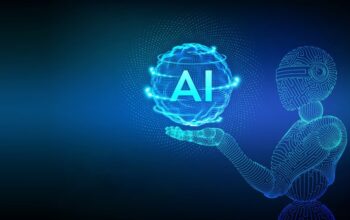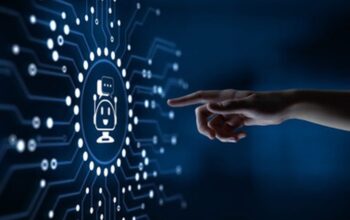Dell Technologies (NYSE:DELL) is helping i2b2 tranSMART Foundation, a non-profit open-source research organization, mobilize huge amounts of global de-identified patient data to create virtual models of patients – known as digital twins – to treat impacts of long-haul COVID-19.
Through Dell Technologies’ modern infrastructure, the i2b2 tranSMART community will use de-identified patient data to produce digital twins. Researchers can then perform millions of individualized treatment simulations on the digital twins to determine the best possible therapy option for patients, based on genetic background and medical history.
To make this possible and provide the computational, artificial intelligence, machine learning and advanced storage capabilities to generate digital twins, Dell Technologies built a data enclave – a secure data storage network – comprised of Dell EMC PowerEdge, PowerStore and PowerScale storage systems, as well as VMware Workspace ONE and Boomi integration services. In the data enclave, researchers gather, store and analyze data scattered across various monitoring systems and electronic health records and in the future will have the capability to update the digital twins with real-time clinical data collected through ventilator and cardiac monitors.
“This project is a perfect example of the global research and technology community coming together to support people who are suffering from a condition that is not well understood,” said Jeremy Ford, vice president of strategic giving and social innovation, Dell Technologies. “Working together with the i2b2 tranSMART Foundation, we will apply our expertise and technology to build digital twins, share data, conduct simulations and analyses – using these insights to help understand and better treat patients with long-haul COVID.”




